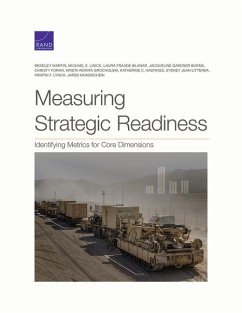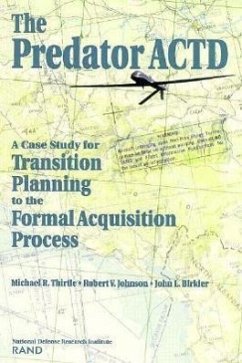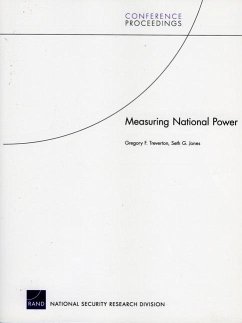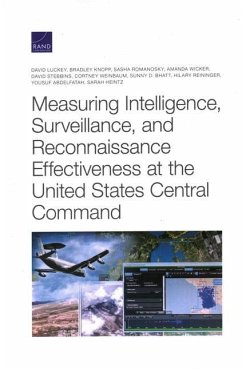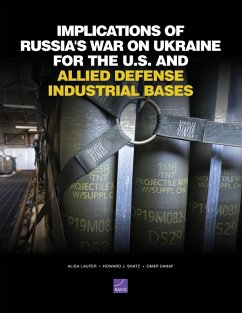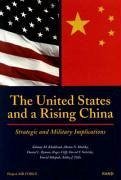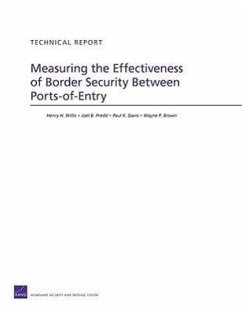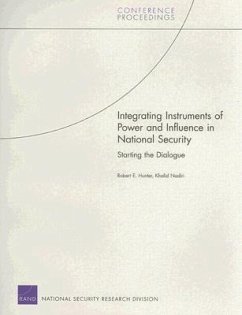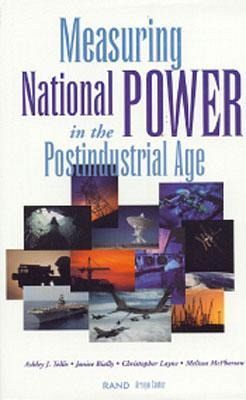
Measuring National Power in the Post-Industrial Age
Versandkostenfrei!
Versandfertig in über 4 Wochen
15,99 €
inkl. MwSt.

PAYBACK Punkte
8 °P sammeln!
The arrival of post-industrial society has transformed the tradiditonal bases of national power, and thus the methods used to measure the relative power requires not merely a meticulous detailing of visible military assests but also a scrutiny of larger capabilities embodied in such variables as the aptitude for innovation, the soundness of social institutions, and the quality of the knowledge base--all of which may bear upon a country's capacity to produce the one element still fundamental to international politics: effective military power. The authors reconfigure the notion of national powe...
The arrival of post-industrial society has transformed the tradiditonal bases of national power, and thus the methods used to measure the relative power requires not merely a meticulous detailing of visible military assests but also a scrutiny of larger capabilities embodied in such variables as the aptitude for innovation, the soundness of social institutions, and the quality of the knowledge base--all of which may bear upon a country's capacity to produce the one element still fundamental to international politics: effective military power. The authors reconfigure the notion of national power to accommodate a wider understanding of capability, advancing a conceptual framework that measures three distinct areas--national resources, national performance, and military capability--to help the intelligence community develop a better evalutation of a country's national power. The analysis elaborates the rationale for assessing each of these and offers ideas on how to measure them in tangible ways.



